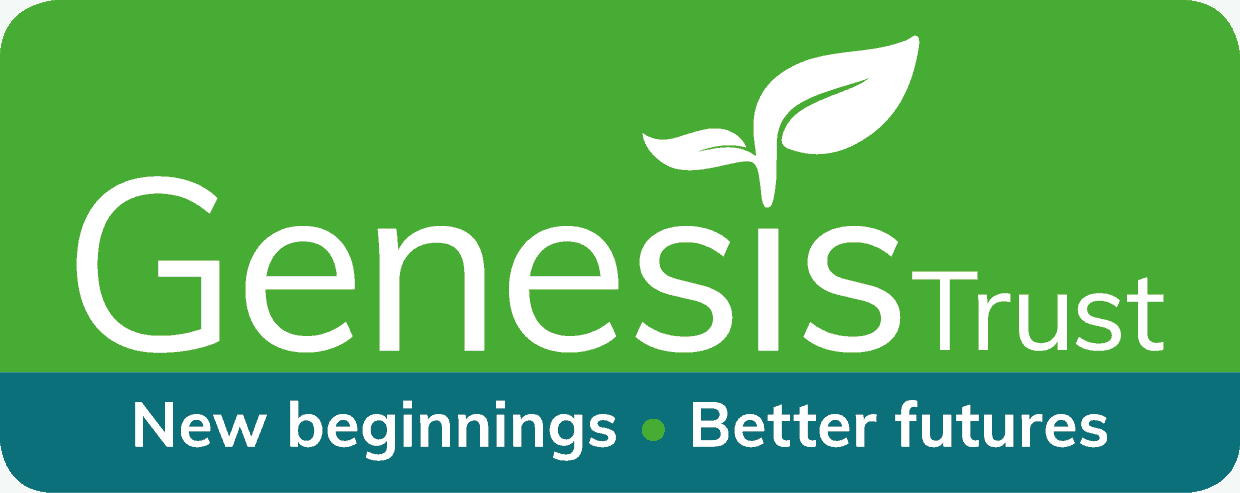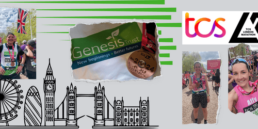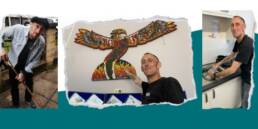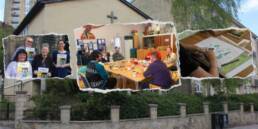Do you take your support network for granted? Most of us enjoy a healthy support network through family and friends. I have come to realise that many of our visitors to Lifeline would not be in the situation they are in if they had the support network that I take for granted.
In many ways, the staff at Genesis Trust’s Lifeline Project are that vital support network for many individuals. Scott is a good example of someone who has a better future because of the compassionate and dedicated staff at Lifeline.
Scott had a rough childhood. He said, “My mum and dad argued a lot and, I think, my bad behaviour, temper and rebellion was a way to get back at them.”
Scott began the path to drug and alcohol addiction at 16 and was in prison for the first time by the age of 19. Eventually, he became addicted to heroin. During the years where he was in and out of prison, his family relations continued to deteriorate and, in the end, he did not speak to them for 10 years. This also led to him being homeless at various points or sofa surfing.
He began to realise he needed help and started his move towards recovery with Julian House.
He said, “The hardest thing I ever had to do was admit I was homeless and addicted to drugs. I had to come to the point where I could admit I had a problem. When I was sleeping rough and sofa surfing, it just hit me one day . . . what am I doing?”
He began rehabilitation with Developing Health and Independence (DHI). Then DHI referred Scott to Lifeline where Paul Solly, Lifeline Manager, became his support worker. Scott, supported by Paul and the other staff, used Lifeline for his detox.
Several things happened over time. The Lifeline staff helped him with food and clothing. Paul met with him, one-to-one, and helped him with issues of everyday living: benefits, debt, IT and ringing other agencies for extra support. Paul had Scott join different groups like courses at our Life Skills Project which helped him with his mental health. He even walked Scott through the reconciliation process with his family and now Scott has a good relationship with them.
Scott said, “They helped sort some many things out like with bills. Basically, took it off me and helped deal with it. It felt like a big weight was lifted off my shoulders.”
Scott said about the various groups that the Lifeline staff arranged for him, “When you’re homeless and have nothing to do all day, if there is an hour or two out of your day going to see a friendly face . . . especially at winter-time. Winters are rough. What they do for the homeless is unbelievable!”
I was curious and asked Scott what sort of barriers are there for a homeless person to access a place like Genesis Trust’s Gateway Centre.
He said, “There was never any barriers to coming to Genesis Trust. They were always so welcoming. When you had a cold night out, it was so nice to come and get warm, have a coffee. I always felt welcomed. The only barrier to getting help is admitting you need it.”
Paul said, “Scott still has some ongoing issues with his mental health, but he is committed to his ongoing recovery.” For example, he has recently had to stop working full-time due to stress. And that is the key point that has to be made here – Genesis has a long-term commitment to support people in need from crisis to independence.
Scott is now quite settled and one of the nicest people you could wish to meet. One of his greatest strengths is his willingness to admit his need and then work with you. He is now living independently in his own flat.
If you’d like to help Genesis Trust in supporting people like Scott, please give to our Christmas Appeal of Hope. You can enable more people like Scott to find their way to a better future.



